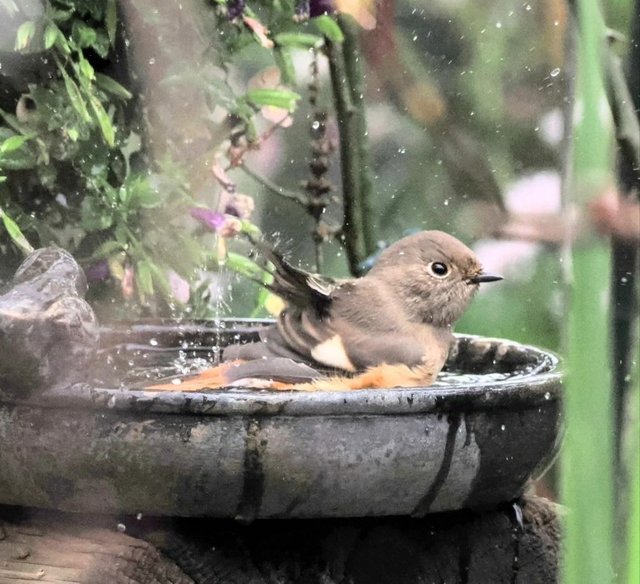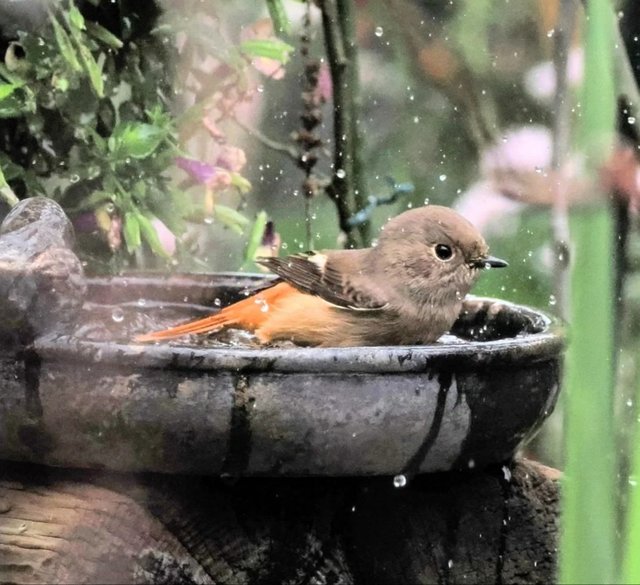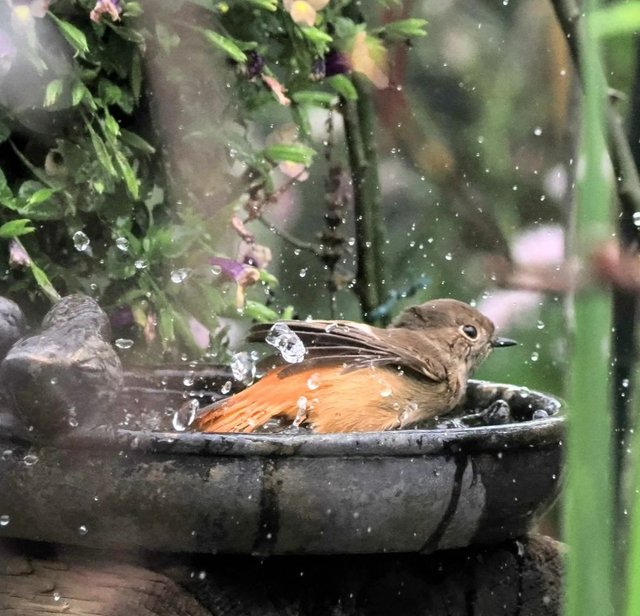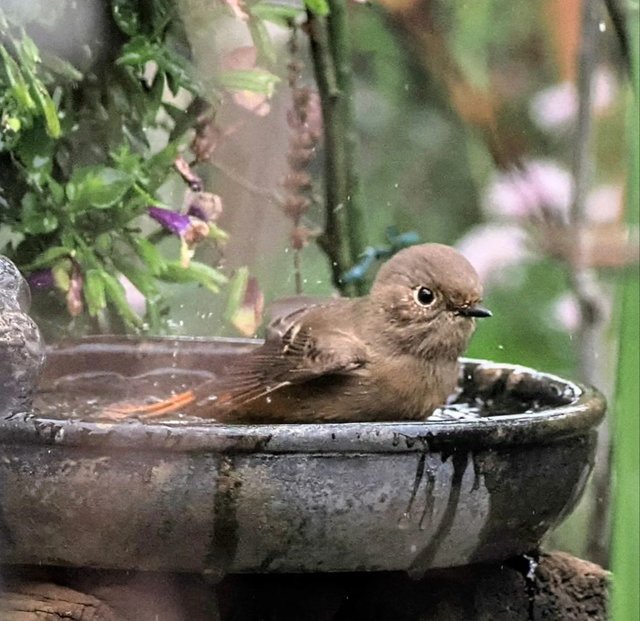The South Island robin, known scientifically as Petroica australis, is one of New Zealand's beloved native bird species. Also referred to as the "kakaruwai" by the Māori, these robins are known for their charming behavior and distinctive appearance. Found primarily on New Zealand's South Island, the South Island robin has adapted to various habitats, including forests, shrublands, and reserves, and plays an essential role in the country’s unique ecosystem.
Physical Characteristics
South Island robins are medium-sized passerine birds, measuring about 18 cm in length and weighing roughly 35 grams. They have a compact build with long legs that aid in their unique "hopping" foraging style. These robins sport a striking contrast in their plumage: their head, back, and wings are a slate-grey or blackish color, while their underparts feature a white or pale yellow chest. Juvenile robins are brown and speckled, gradually gaining adult coloration with each molt.
Their large, expressive eyes and inquisitive nature make them a favorite among bird enthusiasts and ecologists. Unlike many birds that take flight at the first sign of disturbance, South Island robins tend to be curious and are known to approach humans, often observed hopping around in search of insects disturbed by human movement.
Habitat and Range
South Island robins are endemic to New Zealand, meaning they are found nowhere else in the world. Their primary habitats include native and regenerating forests, often dominated by beech, podocarp, and hardwood tree species. These robins are territorial, particularly during the breeding season, and they often establish small, defined territories that they defend against intruders.
Historically, South Island robins were widespread across much of New Zealand, but habitat destruction, invasive species, and predation have significantly impacted their populations. They are now mostly found in predator-free sanctuaries and forests on the South Island, as well as on a few offshore islands where conservation efforts have been undertaken to control or eradicate invasive predators.




Thanks For Reading
Device Information
| Device | cannon eos 600D |
|---|---|
| Lens | 55-250 zoom leans |
| Location | Myanmar |
